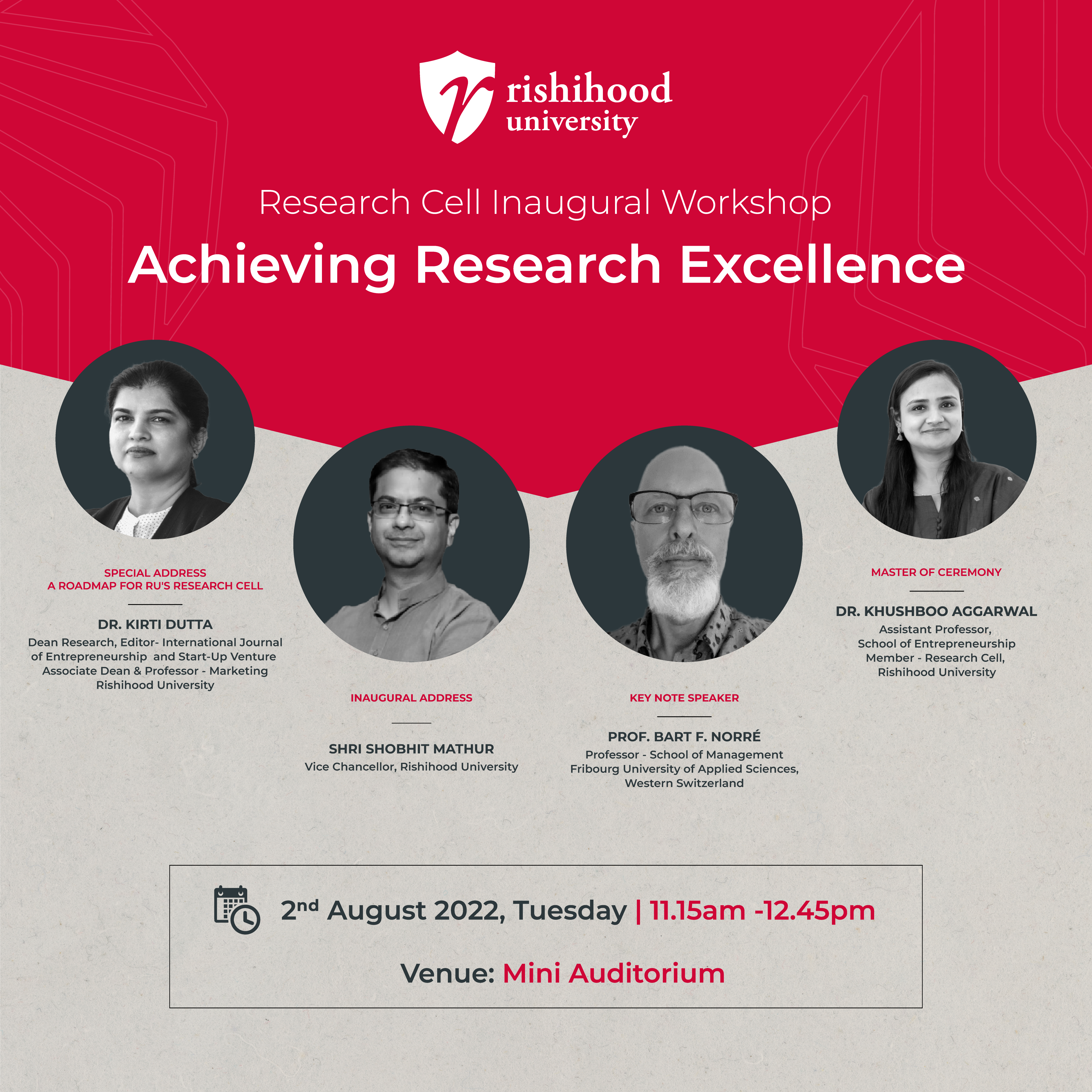There is a universal agreement that moral, social, and spiritual values must form a part of today’s school curriculum. But mere textbook declarations, without any practical implementation, would not take us very far. Festive celebrations in schools can be a way to introduce students to the virtues of sensitivity and togetherness. Here’s the take of an innovative educationist.
Defining Value-Based Education
Values are human and universal. All religions embody aspects of Vishvas (belief), Samman (respect), Sneh (love), and Mamta (motherhood). There is no bar on age, gender, caste, etc.
Festivals remember, recognise, and communicate these values. They are more than entertaining celebrations with materialistic connotations. Instead, they carry stories and messages for one and all.
As educators, we need to tap into the reasoning and substance behind essential days. We need to realise that as artificial intelligence and robotics take over most technical skills, the human quotient will reign supreme.
Combining Fun & Learning
Since schools usually observe a holiday on significant occasions, festive activities can occur on a preceding day. I recommend designing and conducting events where students can understand why we celebrate festivals, their relevance for society, and the youth’s role in sustaining the traditions.
Cultural and creative events can also help ignite the spark of analytical thinking. Treat them as simulated experiences that allow children to absorb, reflect, and get involved.
When we replicate a more extensive system and community inside the school, children can learn how to become responsible citizens. We can organise fairs and other events to set an example. Children will take away lessons and realise their role in society by using chemical-free colours, adopting good waste management practises, and observing the functioning of marketplaces.
Promoting Integrated Education
During the pandemic, celebrations took a different shape, but we approached festivals with a purpose in mind. Through storytelling, engagement, and involvement, we wanted to reaffirm our commitment to the community and the environment we live in.
We infused fun and festivity by organising an online Ram Leela. There were similar events for other occasions to acknowledge the diversity of India. Here, we highlighted that all religions talk about carrying on hope and light.
About the Contributor:

Ashok Thakur founded Muni International School (MIS) in 2002 – recognised by the Ashoka Foundation as one of the 10 Changemaker schools in India. The School re-imagines education, its purpose, structures, and spaces to make learning dialogic, reflexive, and student-centric. The unique, compelling, and impactful methodology is receiving appreciation in ever-widening circles across India and abroad.

